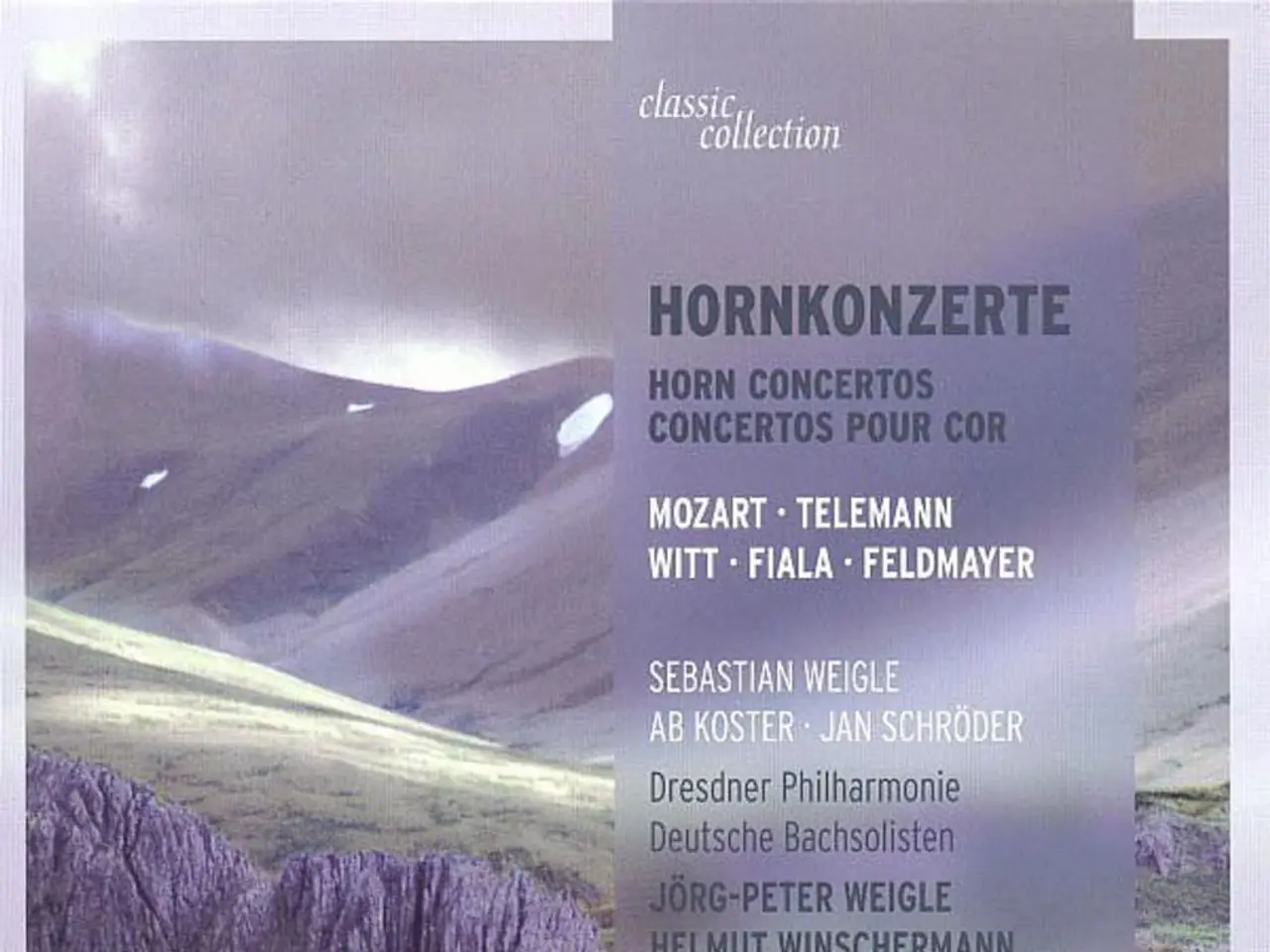Interns from Defenders express their aspirations and expectations for the future
In the heart of summer, Defenders of Wildlife welcomed a group of passionate and dedicated young minds, eager to make a difference in the realm of wildlife conservation. Among them were interns like Elise Longley, Hannah Schwartzberg, Hannah Naehring, Sebastien Comtois, Bella Astin, and Ava Jutras, each bringing their unique perspectives and talents to the table.
Elise Longley, an intern at the Biodiversity Law Center, advocates for new and amended conservation laws with enough specificity to avoid relying on agency regulations. Her hope is to admire wild animals and wild lands without worrying about their future. Similarly, Hannah Schwartzberg, Communications Intern, aspires to see a deeper respect and appreciation for the natural world reflected in both our culture and our policies.
Hannah Naehring, Southeast Program Intern, envisions conservation efforts that focus on sustainable coexistence between humans and animals. She believes that conservation must consider diverse points of view, find opportunities to build coalitions, and listen to local and traditional knowledge. Meanwhile, Sebastien Comtois, another intern at the Alaska Program, hopes to see lasting protections for the National Petroleum Reserve-Alaska.
Bella Astin, one of the interns at the Center for Conservation Innovation, is passionate about the expansion of wildlife corridors in metropolitan areas and stronger protections for endangered species and global-scale habitat restoration. Ava Jutras, Marketing Intern, dreams of a world where caring for the Earth feels like common sense and is something we're all raised to do. She wants kids to grow up seeing the Earth as kin, maybe we'll finally start treating it like a home.
The interns' hopes for the future of conservation extend beyond policy and law. They envision a future where technology, science, and community engagement come together to effectively protect wildlife and habitats. Strategies such as adaptive, science-based ecosystem management, addressing climate change and habitat loss comprehensively, leveraging innovative and integrated conservation funding, and making strategic land-use decisions to reduce habitat fragmentation are all part of this vision.
Ava Jutras believes that nature reminds us we're a part of something bigger; it grounds us, heals us, and connects us. These young conservationists are not just dreaming of a better future, they are working towards it, one step at a time. Their energy, talent, and dedication are a testament to the hope that lies in the hands of the next generation of conservationists.
[1] Adaptive, science-based ecosystem management: [Source] [2] Addressing climate change and habitat loss comprehensively: [Source] [3] Leveraging innovative and integrated conservation funding: [Source] [4] Strategic land-use decisions to reduce habitat fragmentation: [Source]
- Bella Astin, an intern at the Center for Conservation Innovation, advocates not only for the expansion of wildlife corridors in metropolitan areas and stronger protections for endangered species and global-scale habitat restoration, but also for a future where technology, science, and community engagement come together to effectively protect wildlife and habitats.
- Elise Longley, an intern at the Biodiversity Law Center, is not only passionate about advocating for new and amended conservation laws with a focus on ecological specificity, but also about a future where science-based ecosystem management is adopted to ensure the survival of wild animals and lands.
- Ava Jutras, Marketing Intern, aspires to a future where education and self-development plays a significant role in fostering a lifestyle that values environmental-science, where kids are raised to view the Earth as kin, and where conservation efforts prioritize innovative and integrated funding strategies to reduce habitat fragmentation.




